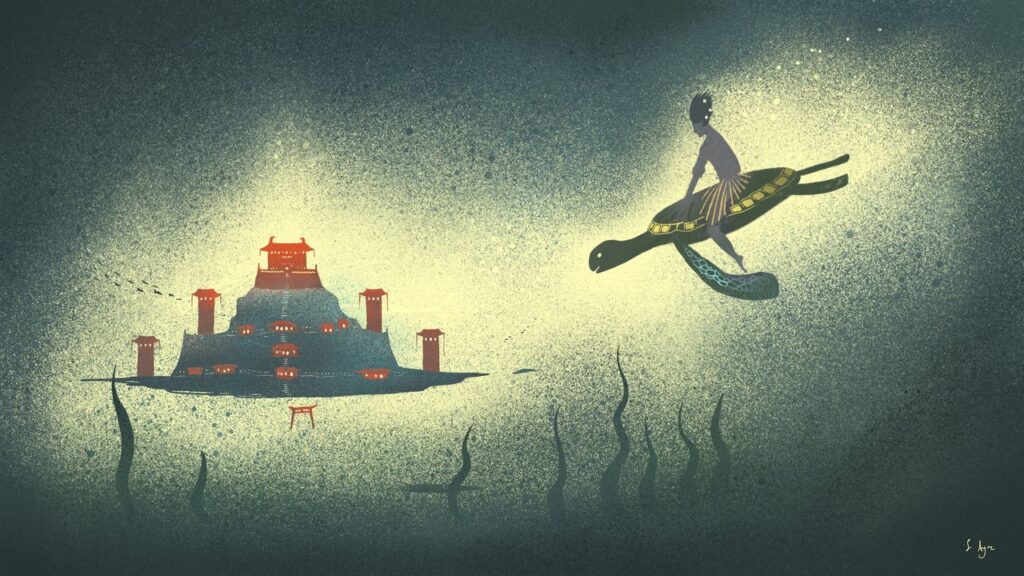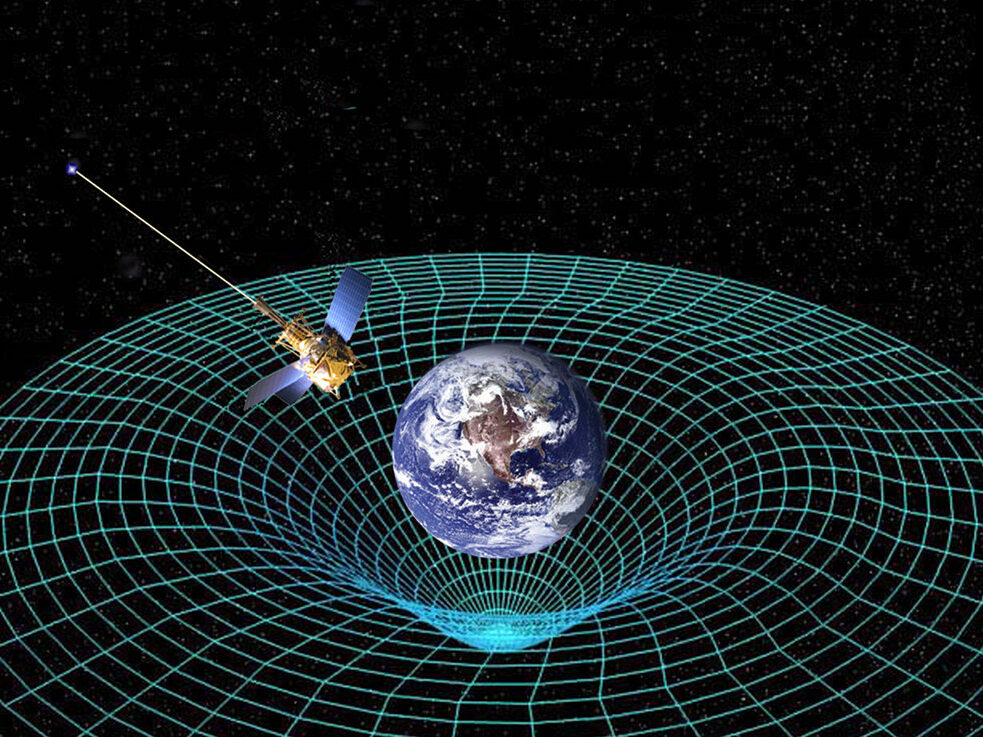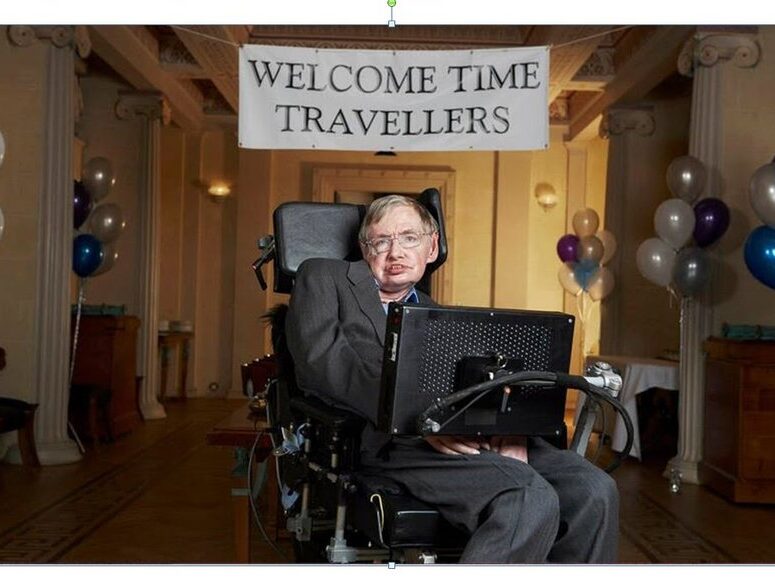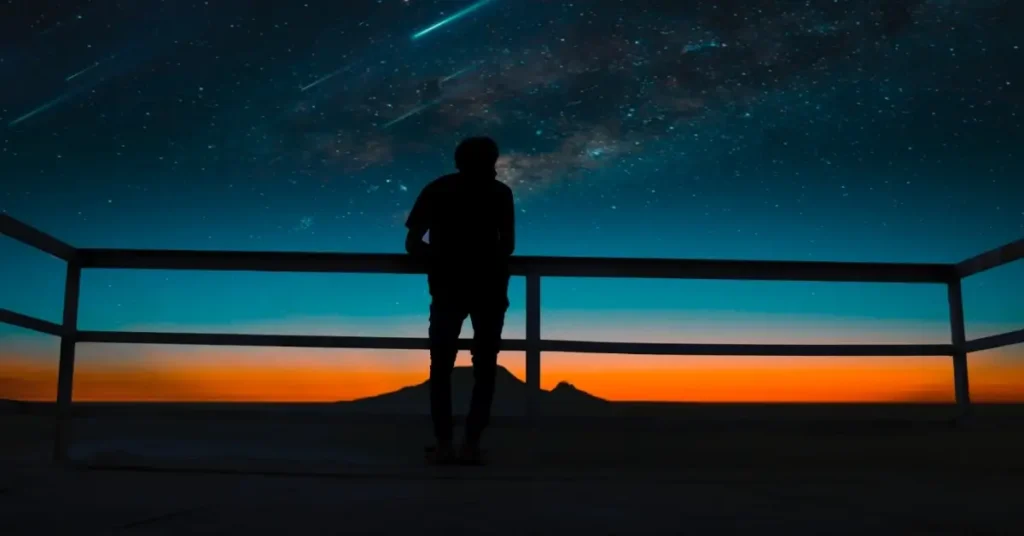|
Getting your Trinity Audio player ready...
|
Time travel is a fascinating concept that has captured the imagination of people for decades. The idea of being able to travel through time, either to the past or the future, has been explored in countless works of science fiction, from H.G. Wells’ “The Time Machine” to the recent hit TV series “Stranger Things.” But is time travel actually possible?
Some ancient myths depict a character skipping forward in time. In Hindu mythology, the Vishnu Purana mentions the story of King Raivata Kakudmi, who travels to heaven to meet the creator Brahma and is surprised to learn when he returns to Earth that many ages have passed. The Japanese tale of “Urashima Tarō“, first described in the Manyoshu tells of a young fisherman named Urashima-no-ko who visits an undersea palace. After three days, he returns home to his village and finds himself 300 years in the future, where he has been forgotten, his house is in ruins, and his family has died. In Jewish tradition, the 1st-century BC scholar Honi ha-M’agel is said to have fallen asleep and slept for seventy years. When waking up he returned home but found none of the people he knew, and no one believed his claims of who he was.


In the Harry Potter series, time travel plays a crucial role in the plot and character development. The Time-Turner, a small hourglass necklace, is introduced in the third film, “Harry Potter and the Prisoner of Azkaban,” as a tool that allows characters to travel back in time for short periods. Hermione Granger uses it to attend multiple classes at once, while Harry and Hermione use it to save the lives of Sirius Black and Buckbeak the Hippogriff.

The concept of time travel is rooted in the theories of physics, particularly in the theory of relativity proposed by Albert Einstein in the early 20th century. According to Einstein, time and space are not absolute and unchanging, as had been previously believed, but are instead relative and can be affected by the presence of matter and energy.
One of the key predictions of Einstein’s theory of relativity is that time passes more slowly in stronger gravitational fields. This effect, known as time dilation, has been experimentally verified in numerous tests and is now accepted as a fundamental aspect of physics. However, time dilation alone does not allow for time travel into the past.


Another important aspect of Einstein’s theory is the idea of a “space-time continuum,” in which time and space are intimately connected and linked in a four-dimensional fabric. This idea opens the possibility of shortcuts through space-time, known as “wormholes,” which could in theory be used for time travel. However, the idea of traversable wormholes remains purely speculative and has not been supported by any experimental evidence.
In 2009, Stephen Hawking ran an experiment that required champagne, balloons, and hors d’oeuvres, to demonstrate that backward time travel probably isn’t possible.
It was a time travelers’ party — but no one showed. And that was the point.
“I have experimental evidence that time travel is not possible,” Hawking told reporters at the Seattle Science Festival in 2012. “I gave a party for time travelers, but I didn’t send out the invitations until after the party. I sat there a long time, but no one came.”

In addition, the general theory of relativity allows for solutions that would in a sense create closed time-like loops which would allow for time travel but it violates the laws of thermodynamics and causality which are fundamental in physics, so it is not considered a possibility.
Regardless of whether time travel is possible or not, the concept of traveling through time will likely continue to capture our imagination for years to come. From science fiction stories to theoretical physics, the idea that we could potentially travel through time is an exciting one that continues to inspire new ideas and discussions.



Interesting article:)